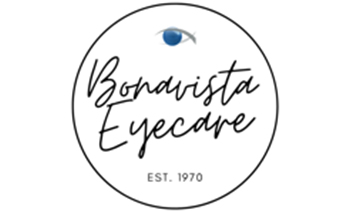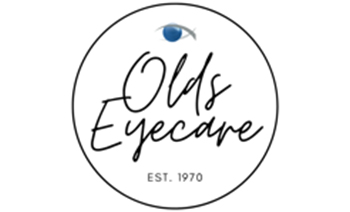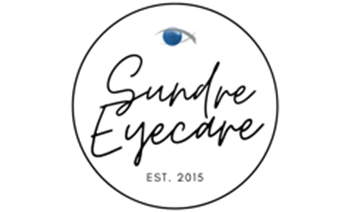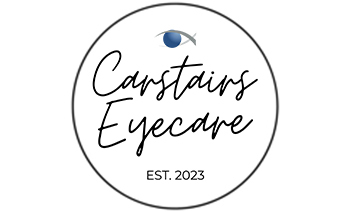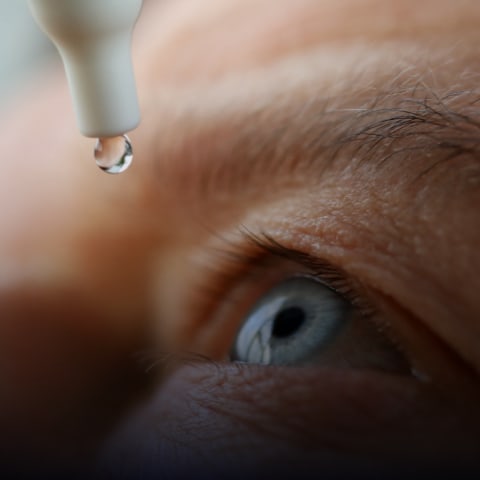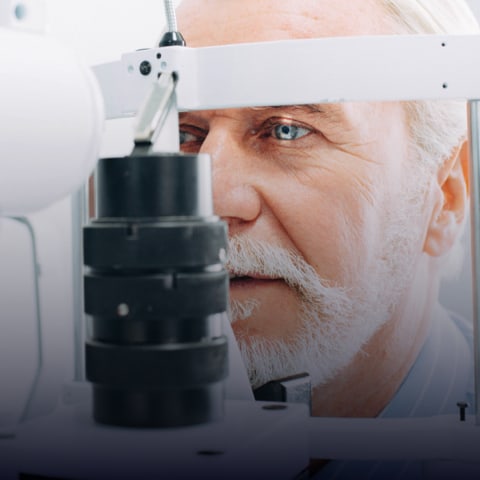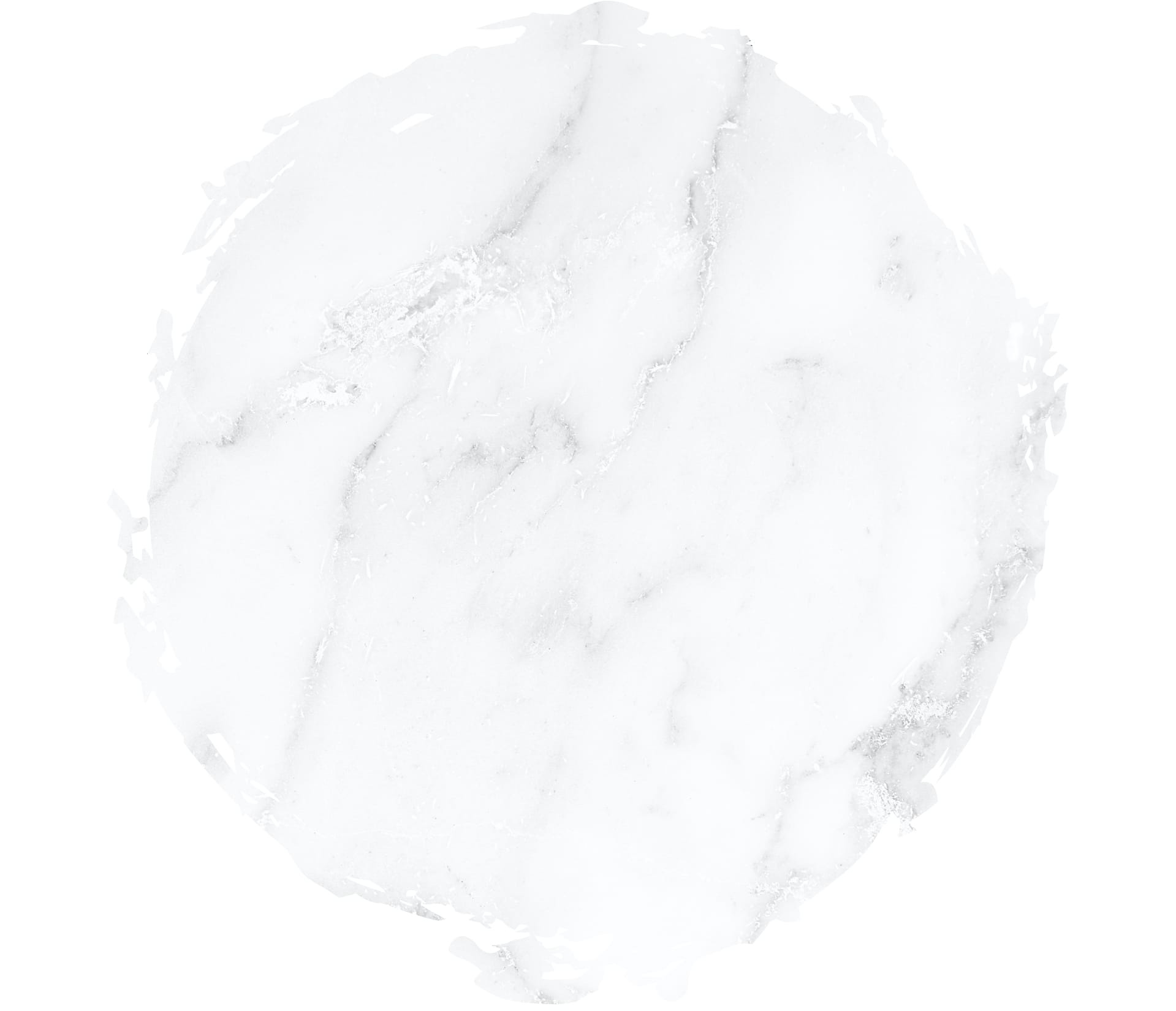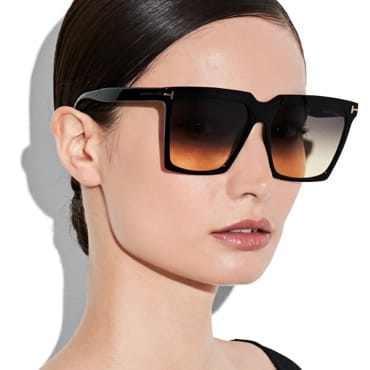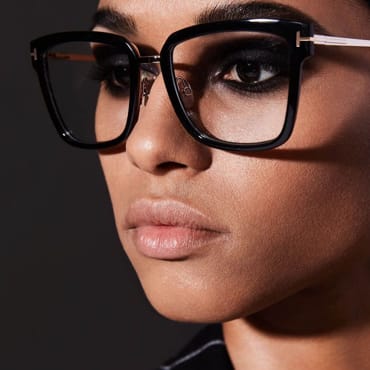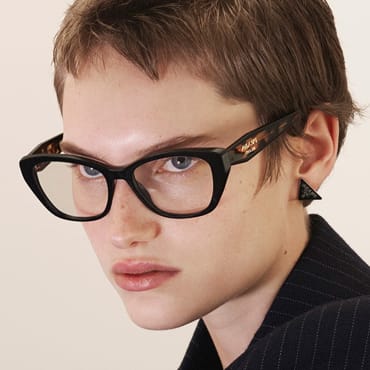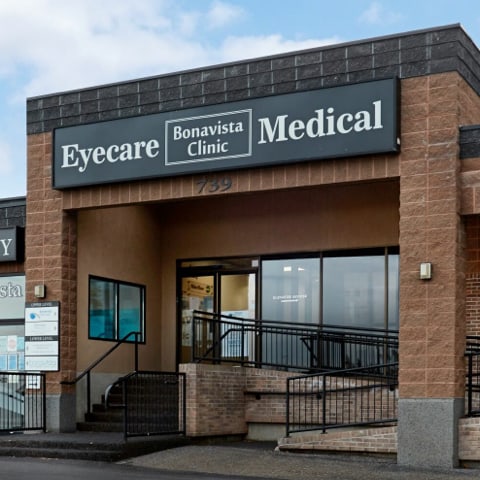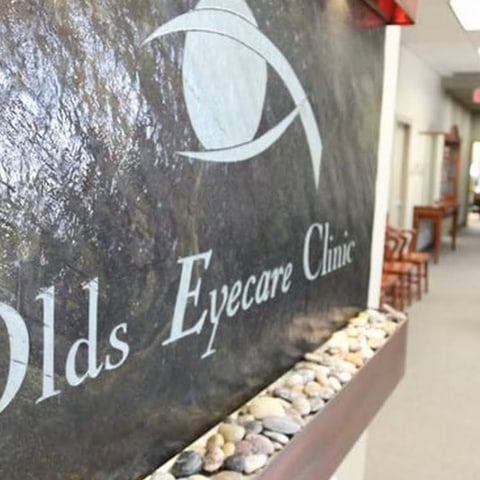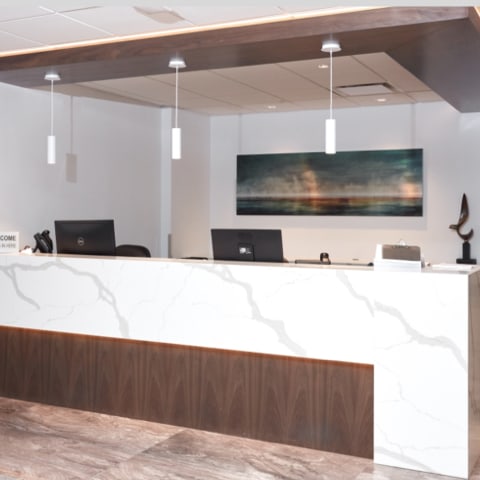Some people worry that wearing glasses might make their eyesight worse over time. This common concern often stems from the feeling that vision seems blurrier when glasses are removed, leading to the idea that eyes may grow “dependent” on corrective lenses.
In reality, eyeglasses don’t weaken your eyesight; they help correct it. By improving how light focuses on your retina, glasses make your vision clearer and reduce the strain your eyes may experience without support.
Eyeglasses are specifically prescribed to correct refractive errors, such as nearsightedness, astigmatism or farsightedness. These errors happen when incoming light doesn’t land where it should on the retina. Lenses help redirect that light properly, giving you the clarity you need to see your world more comfortably.
Finding the Right Pair of Eyeglasses
Choosing the right eyeglasses can feel like a big task, but with the support of a qualified eyecare professional, it can be much more straightforward. Think about your lifestyle, prescription, and personal style when narrowing down your choices.
- Lifestyle: Your daily routine matters. If you spend lots of time on screens, blue light-filtering lenses may help. Sports enthusiasts might prefer durable frames that stay in place during activity.
- Personal style: Glasses can say a lot about who you are. Whether you prefer classic, modern, bold, or minimalist styles, today’s frame options let you express your personality.
- Prescription: Always start with an up-to-date prescription. Your optometrist will help determine what type of lenses support your vision.
Possible Alternatives to Eyeglasses
Some people prefer alternatives to eyeglasses for vision correction. Some options that are worth exploring include:
- Contact lenses: These offer a glasses-free look and a wide field of view. There are many styles, including daily disposables, extended wear, and lenses for astigmatism or presbyopia.
- Corrective eye surgery: LASIK and PRK can address common refractive errors by reshaping the cornea. While often effective, surgery isn’t ideal for everyone and may carry some risks. Ask one of our Doctors of Optometry if this solution is right for you.
- Vision therapy: Through guided exercises, vision therapy supports better eye coordination and function. It’s often recommended for conditions like lazy eye or problems with eye teaming.
Who Can Benefit from Eyeglasses

Eyeglasses can make a big difference for people experiencing vision issues or symptoms that suggest a need for correction. Some telltale signs include:
- Blurred or distorted vision
- Frequent headaches
- Squinting or tilting your head to focus
- Trouble seeing things nearby or far away
If you notice any of these, it’s a good idea to book an eye exam with an Optometrist. Even if you don’t have symptoms, regular eye exams are important for catching problems early and maintaining healthy vision.
How Eyeglasses Help Improve Vision
Eyeglasses support vision by addressing several key challenges:
- Correcting refractive errors: Glasses bend light to compensate for conditions like nearsightedness, farsightedness, and astigmatism. A precise prescription allows light to focus correctly on the retina.
- Improving visual acuity: They sharpen your vision, helping you see fine details and distinguish objects more clearly.
- Preventing eye strain: Constantly squinting to see can lead to tension and discomfort. Eyeglasses help reduce that strain, improving comfort during daily activities.
- Reducing glare: Many lenses now include coatings that cut down on glare from sunlight and artificial lights, enhancing clarity and visual comfort.
- Protecting your eyes: Eyeglasses can act as a barrier against dust, debris, and harmful UV rays, helping prevent potential damage and long-term eye health concerns.
Why Vision Changes Over Time
It’s a common misconception that glasses make your vision worse. In truth, your vision may naturally change as you age, regardless of whether you wear glasses or not. These changes are usually the result of natural shifts in the eye’s shape, flexibility, or ability to focus.
For example, as you age, you may experience macular degeneration, which makes it harder to focus on close objects. Others may notice changes in their distance vision or develop new refractive errors. Glasses don’t cause these shifts; they adapt to them, giving your eyes the support they need at each stage of life.
Find Your Fit
Clear vision is one of the most important tools you have to navigate daily life with confidence, and eyeglasses play a key role in supporting it. Far from making your eyesight worse, the right pair of glasses can enhance clarity, reduce strain, and help you stay focused on what matters most.
At our family of Eye Care Clinics, we’re here to help you find eyewear that fits both your lifestyle and your look. Whether you’re exploring new lens options or looking for a frame that feels just right, our experienced team is ready to guide you every step of the way.
We have 4 convenient locations: Calgary, Olds, Sundre, and Carstairs. Click the location nearest to you to book your appointment today.




